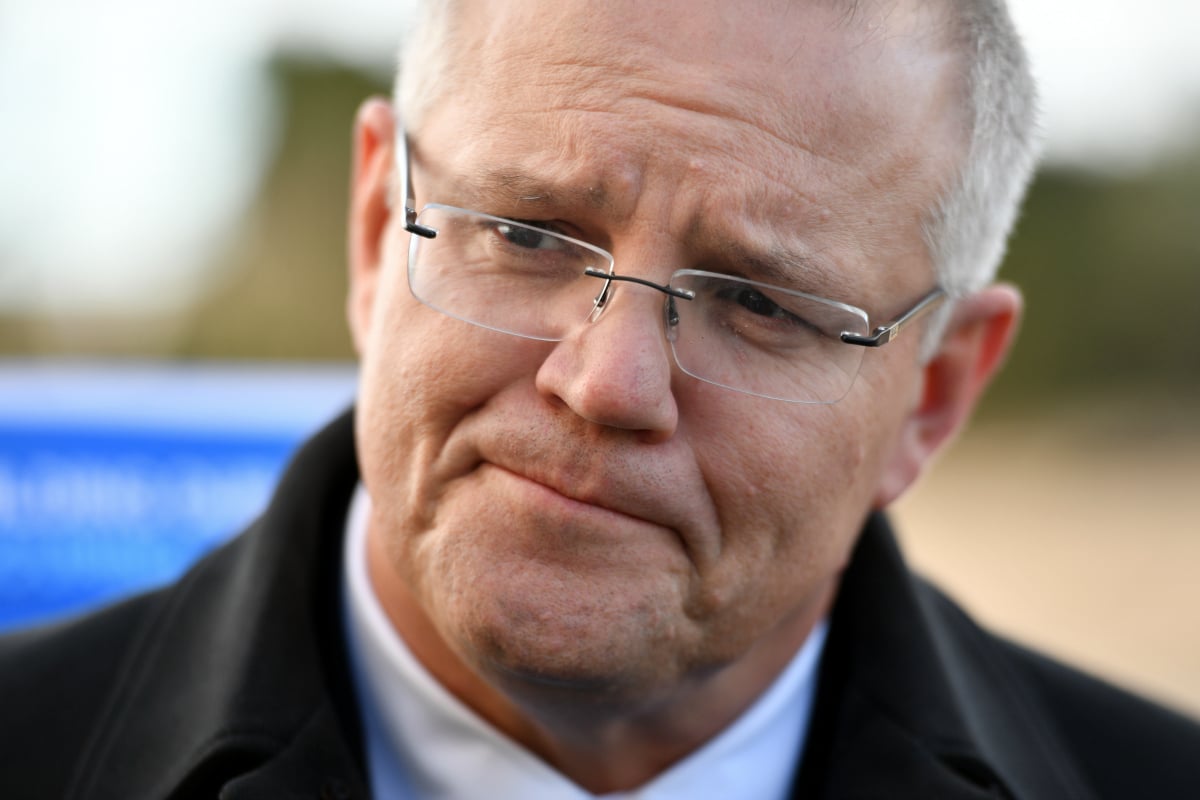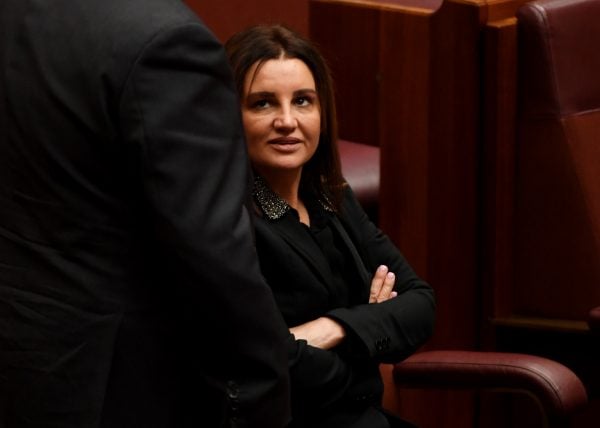
Last week 5000 doctors signed an open letter urging politicians not to scrap medevac laws.
They’re the ones that allow critically ill asylum seekers being held in offshore detention to be medically evacuated to Australia for treatment.
For many Australians preoccupied by the current bushfire crisis gripping our country, this battle in our parliament has flown under the radar.
This is what happened in parliament. Post continues after video.
Before Medevac laws were implemented, transfers for critically sick refugees from Papua New Guinea and Nauru were done at the discretion of the government. It was up to politicians and bureaucrats to decide if a person would be “let in” to Australia for urgent life threatening health concerns. It was done on a person by person basis – and was slow, expensive and traumatic.
Then, in early 2019, the Medevac Bill was passed, meaning that there was a pathway for critically sick refugees to access medical treatment. To receive a medical evacuation to Australia, two independent Australian doctors would have to make a recommendation, and agree that appropriate treatment for the patient was not available offshore.


Top Comments
They were told not to come, they were told it’s illegal. They were told to apply through correct channels and not to pay a criminal enterprise instead to smuggle them in.
They exercised complete disrespect and disregard for our laws, customs and wishes. As a result Australians resent them and are disinclined to want them here.
Having said that, I think the solution is legislative, amend the Law that they may come here for medical treatment if needed but under those circumstances they may not use it to make any claim to stay here or exercise any legal avenues not available to them offshore. If it’s a legit medical issue they get their treatment, if it’s bogus to get into the country, they won’t bother if it’s legally futile.
It’s *not* illegal to seek asylum in any way - even by boat, even without papers.
This is the worst of all the lies that certain people sprout.
Yeah, you can legally apply anywhere, you just can’t enter our territorial waters against our will, that’s illegal.
It is not illegal to seek asylum by any means possible. This information is freely available on the internet and I found it on the Australian government page. While it is illegal under Australian law, it is completely legal under international law and that takes precedent over local laws.
There are very few places where one can apply for asylum to Australia. The government has been progressively closing them down. There are thousands and thousands of people living on the streets of Indonesia with nothing, hoping they will be detained there as it gives a roof over their heads and food.
The truth is appalling but important to know.
Yeah, well, we didn’t vote for the UN members and I reasonably expect the government of Australia represents its citizens above unelected UN people with their own agendas. Just like any other country does.
You can apply online, you can call any consultant, you can call Canberra, you can ask the UN for help. If you can find a people smuggler you can find a public servant. Even if it’s difficult, which it isn’t still doesn’t mean you can enter our waters without permission. Again, just like any other country.
Over a hundred detainees were flown to Australia for medical treatment which many refused. None required hospitalization, but some are now using that 'loophole' for legal assistsnce. Australia is not cruel.
It required the assessment of 2 independent Australian doctors - that's not a "loophole", that's having the most qualified people make the most appropriate assessment in a timely fashion. You'd rather wait for our politicians to determine if your illness was bad enough to warrant proper medical treatment?
How many Australians get an assessment of a health problem by two doctors? It is up to your GP to determine whether you are referred to a specialist for more invesrigations . So why it should it be different for those in detention? Those detainees requiring specialized care such as chemotherapy, surgery etc were being transferred to Australia, but when those who have been transferred here refuse medical care, it is pretty hard not to become cynical about their motives.
The requirement of two doctors and not one was to provide assurance to the government that a recommendation to fly a detainee to Australia wasn't just the opinion of one "bleeding heart" doctor. Consensus of two professionals provides objective advice. And, for the record, many Australians have their health assessed by multiple doctors. We frequently discuss our patients in multi-disciplinary meetings, wherein several doctors offer their viewpoint and advice. Australians area also free to seek second (third, fourth and fifth) opinions on medical matters, and do so often.
Ok to that, but how do you explain those who were flown to Australia for medical treatment, refusing said treatment upon arrival.